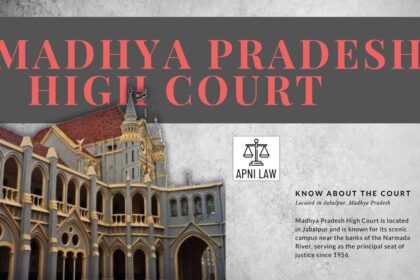Section 428 CrPC: Detention Period Set Off Against Imprisonment Sentence
1. Code:
Section 428 of the Code of Criminal Procedure, 1973 (CrPC) deals with the deduction of the period of detention from the total imprisonment sentence awarded to a person.
2. Explanation:
This section mandates that when a person is sentenced to imprisonment for an offense and has already undergone detention in connection with the same offense, the period of detention shall be deducted from the total imprisonment sentence.
The purpose of this provision is to prevent double punishment. It ensures that a person is not punished for the same offense twice, once during detention and again after conviction.
3. Illustration:
Suppose a person is arrested on 1st January 2023 for an offense and remains in detention until 31st May 2023. On 1st June 2023, he is convicted of the offense and sentenced to 2 years of imprisonment. In this case, the 5 months of detention (from 1st January to 31st May) will be deducted from the 2-year sentence. The person will effectively serve only 1 year and 7 months in prison.
4. Common Questions and Answers:
Q: Does this deduction apply to all types of detention?
A: Yes, this deduction applies to all types of detention, including:
- Police custody
- Judicial custody
- Detention in a mental asylum
- Detention under any other law for the same offense
Q: What happens if the detention period exceeds the sentence?
A: In such a case, the person is immediately released from imprisonment after the deduction of the detention period.
Q: Is this deduction automatic?
A: Yes, the deduction is automatic. The court is required to deduct the detention period from the sentence.
Q: Can this deduction be challenged?
A: Yes, this deduction can be challenged in a court of law if there is any dispute regarding the calculation or validity of the detention period.






